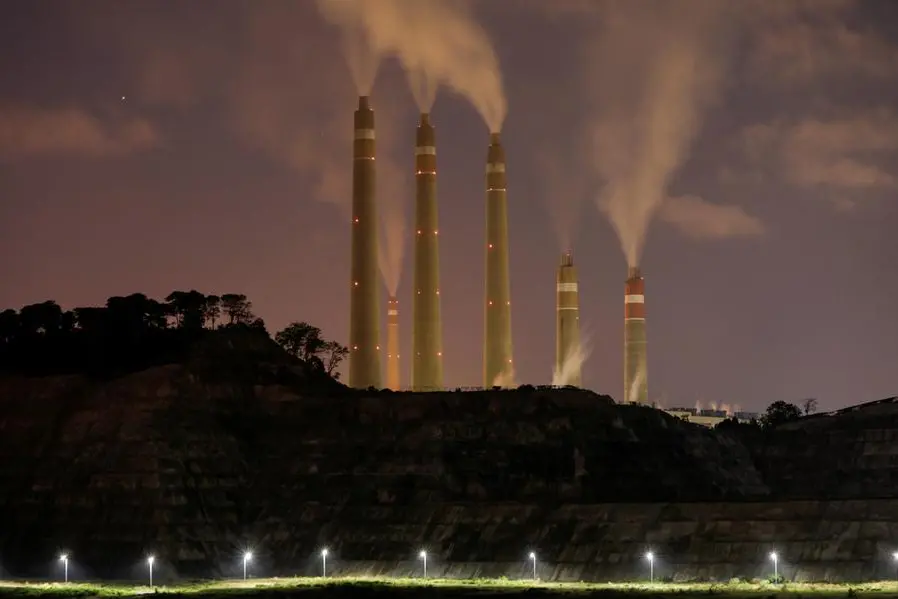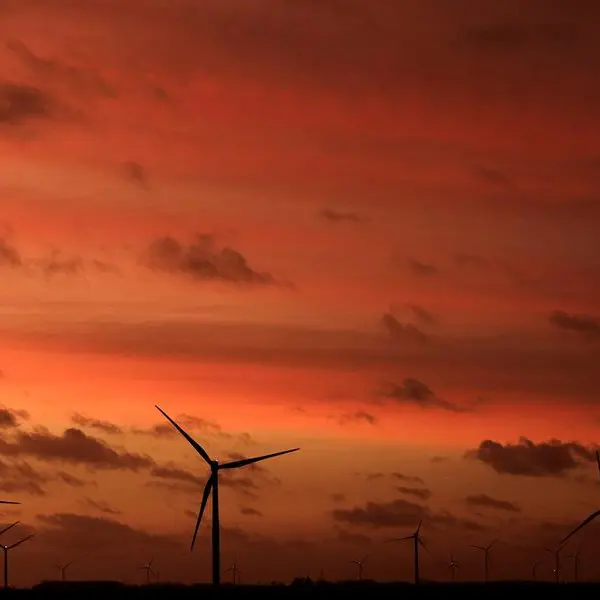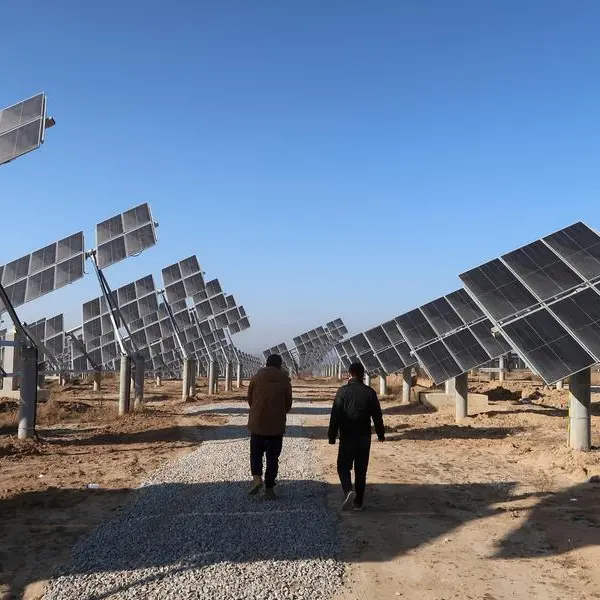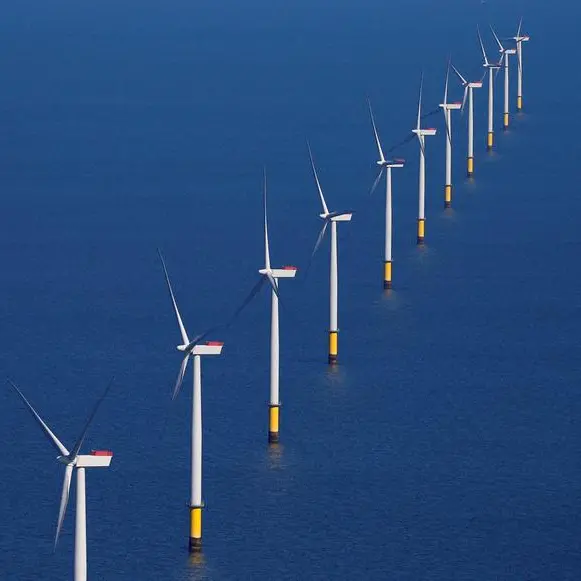PHOTO
(Repeats column published earlier, no change to text.)
LITTLETON, Colorado - Turkey is on track to surpass Germany as Europe's largest coal-fired electricity generator in 2024 as high inflation causes power producers to cut purchases of expensive natural gas and boost the use of cheaper coal in electricity generation.
Turkey generated a record 117.6 terawatt hours (TWh) of electricity from coal which yielded a record 118 million tonnes of carbon dioxide and related gases in 2023, data from environmental think tank Ember shows.
That generation tally compared to 117.9 TWh by Europe's largest coal-fired electricity generator, Germany, and handily exceeded the 97 TWh by generated in Europe's most coal-reliant power system, Poland.
Both Germany and Poland recorded steep annual decreases in coal generation in 2023, and have pledged further reductions in coal use alongside rapid increases in renewable energy deployment for electricity generation going forward.
In contrast, 2023 marked the second straight annual climb in Turkey's coal-fired electricity output, and Turkish power producers look set to continue favouring cheap coal over other forms of electricity generation as the country grapples with one of the highest inflation rates in the world.
RUNAWAY RATES
Turkey's annual inflation rate in 2023 was 64.77%, one of the highest worldwide, due to controversially low interest rates through the opening half of 2023 followed by steep price rises across several major sectors in the economy over the latter half of last year.
To try to tame prices, Turkey's central bank sharply pivoted in June and began an aggressive policy rate hike campaign from under 9% to more than 42% over the second half of the year.
The interest rate increases have slowed the pace of price rises, but economists expect the cycle of rate rises to run through mid-2024 before inflation gauges turn consistently lower.
The value of Turkey's lira on foreign exchange markets has weakened sharply as a result of the inflation tussle, with the lira-U.S. dollar exchange rate dropping by around 30% since June, data from LSEG shows.
POWER PAIN
For power producers that are heavily reliant on fuel imports for electricity generation, the combination of rapidly rising interest rates and a weakening currency forced a slowdown in the purchases of natural gas, especially of high-priced liquefied natural gas (LNG).
Turkey's imports of LNG dropped by 8.2% in 2023 from 2022's level to the lowest total since 2019, ship tracking data from Kpler shows.
As a result of reduced gas imports, power generators were forced to cut gas-fired electricity generation by a similar degree to just over 66 TWh and the lowest in 4 years.
To make up for the gas shortfall, power firms cranked electricity output from coal plants by 3.5% on the year to a new record, while lifting coal's share of the national electricity generation mix to 37% from 35.4% in 2022, Ember data shows.
Turkey's total coal imports held largely flat on the year at around 39.3 million metric tons, Kpler data shows.
But the configuration of those imports demonstrates a major swing in purchases towards Russia, which is known to have offered steeply discounted prices on energy exports since being sanctioned by European Union member countries in 2022 following the invasion of Ukraine.
Turkey's total imports of thermal coal from Russia jumped to a record 22.8 million tons last year, up 25% from the year before, according to Kpler.
Russia also accounted for a record 58% of Turkey's coal exports, from 46% in 2022 and less than 20% in 2018.
To make way for more Russian coal, Turkey's imports from Colombia, South Africa, Australia and North America declined last year, likely resulting in significant savings for importers despite total coal import volumes remaining largely flat.
With power firms still under pressure from rising costs, Russian coal will likely remain the key pillar in electricity generation in 2024, even as supply from renewable sources such as solar and wind continues to climb.
And if coal-fired generation in Germany remains flat, Turkey will likely emerge as Europe's top coal-fired electricity producer this year - bringing new focus to southern Europe as a key frontier in ongoing energy transition efforts.
(Reporting by Gavin Maguire; Editing by Stephen Coates)





















